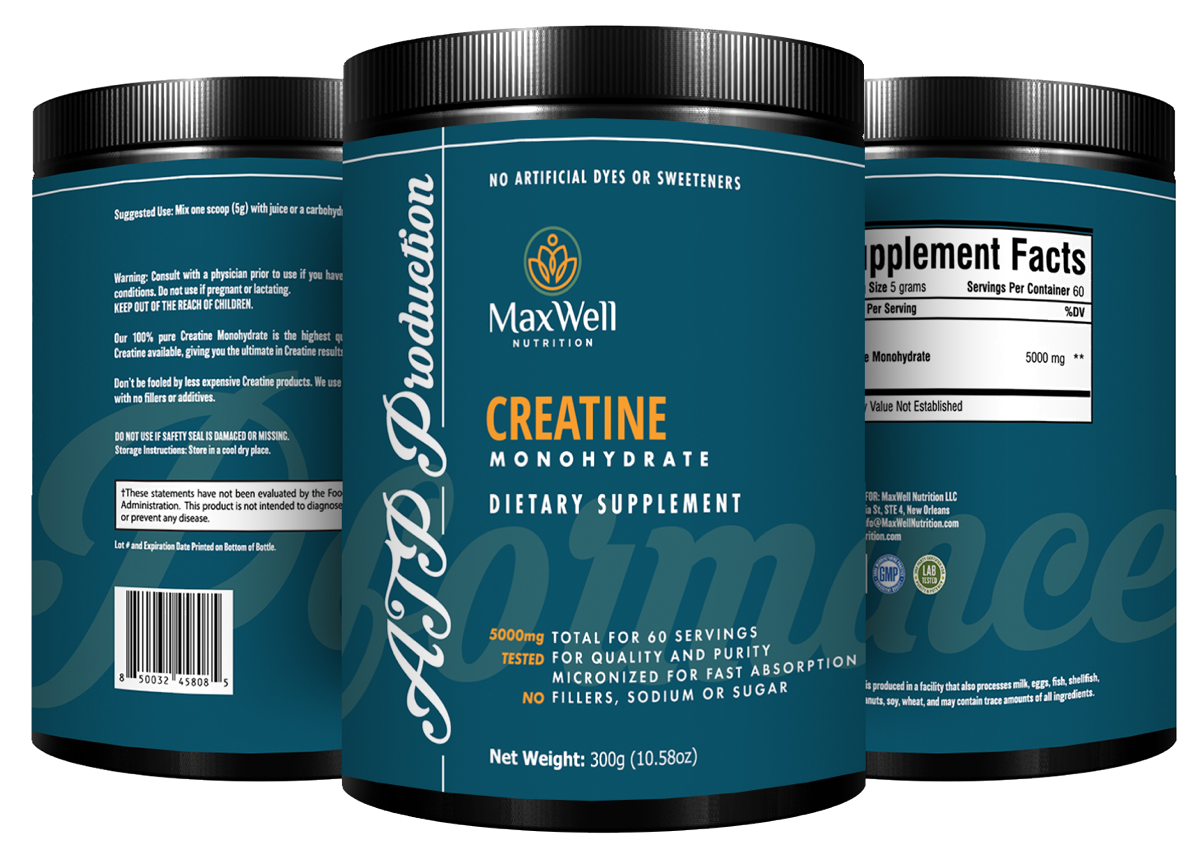Medscape.com recently reported on the results of the Multi-Ethnic Study of Atherosclerosis (MESA) relative to, “high plasma levels of the kinds of fatty acids (omega 3) found in fish oil (EPA/ eicosapentaenoic acid & DHA/ docosahexaenoic) were associated with a lower long-term risk for new heart failure, whether with reduced or preserved ejection fraction, in a community-based cohort of more than 6,000 people.”
Reporting in the July 10, 2019, online issue of the Journal of the American College of Cardiology (JACC): Heart Failure (HF), “a total of 6,562 participants 45 to 84 years of age had EPA measured at baseline (1,794 black, 794 Chinese, 1,442 Hispanic, and 2,532 white; 52% women).”
Mayoclinic.org says heart failure, sometimes classified as congestive heart failure, “occurs, when your heart muscle doesn’t pump blood as well as it should. Certain conditions, such as narrowed arteries in your heart (coronary artery disease) or high blood pressure, gradually leave your heart too weak or stiff to fill and pump efficiently.”
Mayo also notes that, “the term “ejection fraction” refers to the percentage of blood that’s pumped out of a filled ventricle with each heartbeat” – stating that, “when your heart contracts, it ejects blood from the two pumping chambers (ventricles). When your heart relaxes, the ventricles refill with blood. No matter how forceful the contraction, the heart can never pump all blood out of a ventricle.”
Medscape quotes Italian physician Aldo P. Maggioni, Heart Care Foundation, Florence, Italy to comment, “the analysis (MESA study) may reopen the discussion on the role of omega-3 fatty acids in the context of prevention and treatment of heart failure.”
Maggioni, according to Medscape, comments that, “this study clearly demonstrated a significant independent inverse correlation between circulating levels of omega-3 fatty acids, specifically eicosapentaenoic acid, and the occurrence of HF over a long median follow-up period of 13 years.”
The American Heart Association (AHA) recommends eating fish (particularly fatty fish), two servings preferably, at least twice weekly. The AHA notes that, “each serving is 3.5 ounce cooked, or about 3/4 cup of flaked fish. Fatty fish like salmon, mackerel, herring, lake trout, sardines and albacore tuna are high in omega-3 fatty acids.”
The AHA further recommends that, “patients taking more than 3 grams of omega-3 fatty acids from capsules should do so only under a physician’s care. High intakes could cause excessive bleeding in some people.”
Also, “some types of fish may contain higher levels of mercury, so children and pregnant women are advised by the FDA to, “to avoid eating those fish with the potential for the highest level of mercury contamination (e.g., shark, swordfish, king mackerel or tilefish).”











